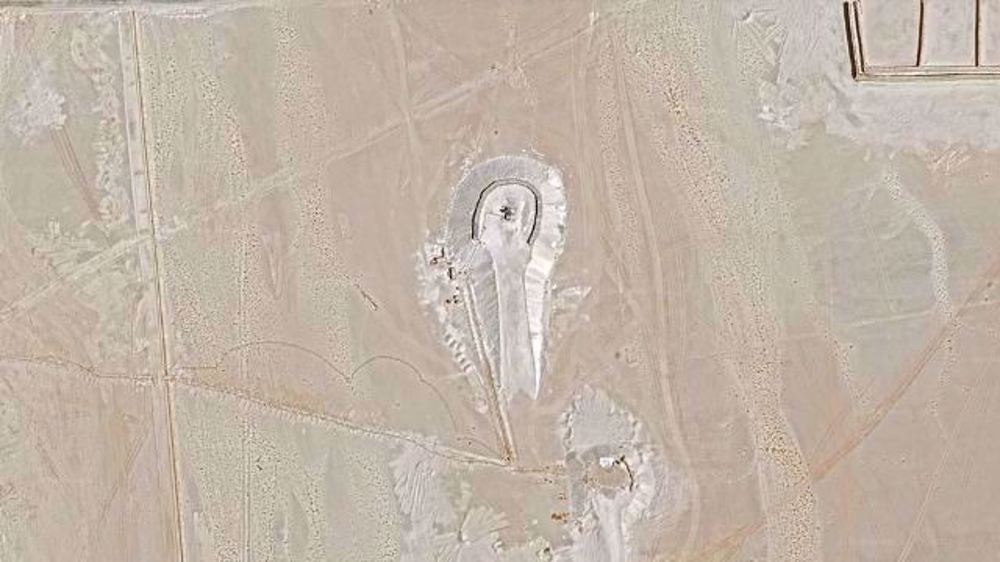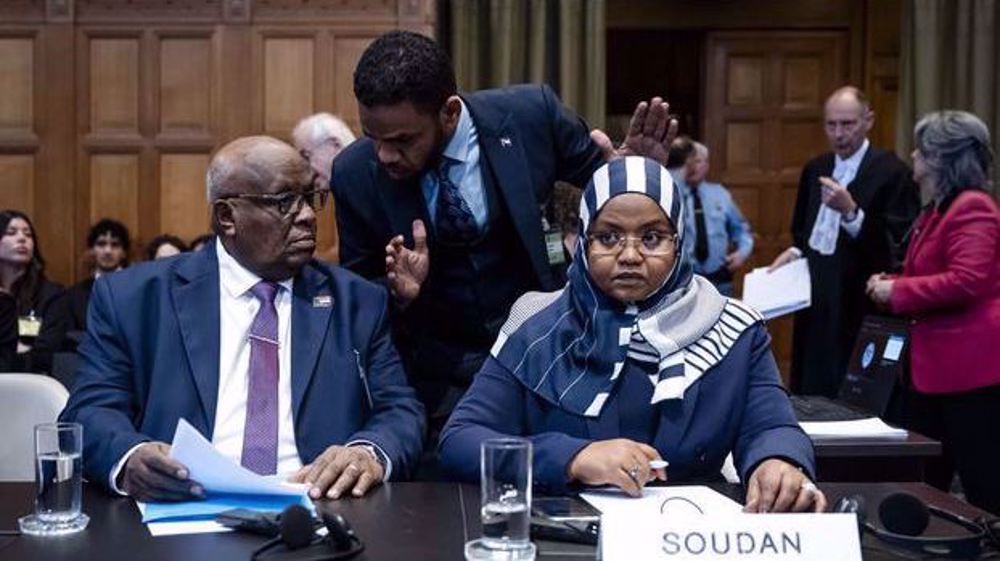UN experts censure worsening human rights situation in Bahrain
United Nations experts have condemned an escalation of human rights violations in Bahrain, including an intensifying crackdown on dissent.
The five human rights experts, who are independent but commissioned by the UN human rights office, said in a statement on Friday that the rights situation in Bahrain had sharply deteriorated.
The experts said the repression "took a new turn" in June 2016 with a move by Bahraini authorities to dissolve the country’s main Shia opposition group Al-Wefaq National Islamic Society.
The Bahraini regime has resorted to "drastic measures" to curb opposition such as torture, arbitrary detention, death threats and travel bans, according to the experts.
The statement also referred to the Manama regime troops’ attack in May in the northwestern village of Diraz, and said they used "excessive and lethal force to disperse peaceful protesters," citing reported use of "tear gas, shotguns equipped with birdshot and lethal anti-personnel weapons."

On May 23, Bahraini forces raided Diraz, which has been under a military siege for almost a year, and stormed into the home of Sheikh Isa Qassim, Bahrain's top Shia Muslim cleric.
During the raid, regime forces killed at least five demonstrators, wounded dozens and arrested over 280 people. The raid took place shortly after a meeting between US President Donald Trump and Bahraini King Hamad bin Isa Al Khalifah in Riyadh, Saudi Arabia.
The raid came two days after a fresh wave of anti-regime protests broke out when a Bahraini court convicted Sheikh Qassim of illegal collection of funds and money laundering on May 21. The cleric was handed a suspended one-year prison term and ordered to pay a fine.
Last year, the cleric was also stripped of citizenship, which sparked repeated sit-ins outside his residence. The clergyman is reportedly under house arrest.
On Thursday, al-Wefaq issued a statement, criticizing the ruling Al Khalifah regime for the continued harassment of Sheikh Qassim.
The statement added that putting the Shia cleric under house arrest hindered the medical follow-up he needed, pointing to his deteriorating health condition.
Referring to the latest developments, including prohibition of the right to peaceful assembly, elimination of freedom of political action and approval of the trial of civilians at military tribunals, the group said the regime was “dragging Bahrain into a worse situation in terms of rights and politics.”
Since 2011, Bahrain has been the scene of peaceful anti-regime protests against the systematic abuse of the Shia population and discrimination against them. The Bahraini regime has responded to the protests with excessive and lethal force, which has drawn international criticism.

Iran transforms Qeshm Island into Persian Gulf bunkering hub

UAE deploys radar in Somalia to monitor Yemen’s anti-Israel strikes

Sudan takes UAE to World Court over 'genocide' in Darfur
IAEA director speaks with Araghchi about Iran-IAEA cooperation
US airstrike on Yemeni capital kills 8 people
VIDEO | Iran multilayered diplomacy
VIDEO | Press TV's news headlines
Iran more than halved its power grid losses to 10% in 16 years: Expert
Abbas names likely successor in move deemed ‘illegitimate, divisive’
Illegal Israeli settlers attack Palestinian school in occupied West Bank
VIDEO | Israeli forces tighten siege on Jenin refugee camp










 This makes it easy to access the Press TV website
This makes it easy to access the Press TV website